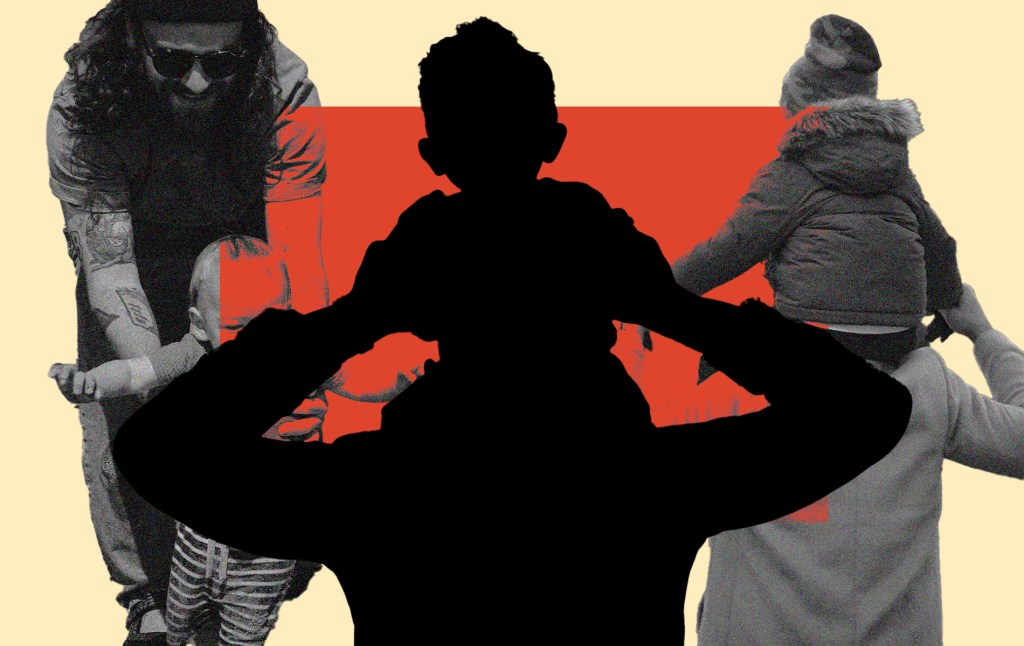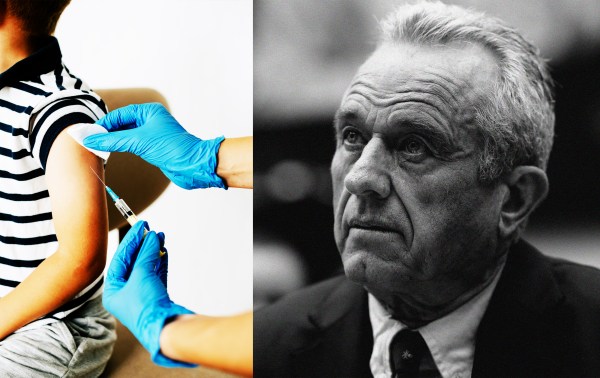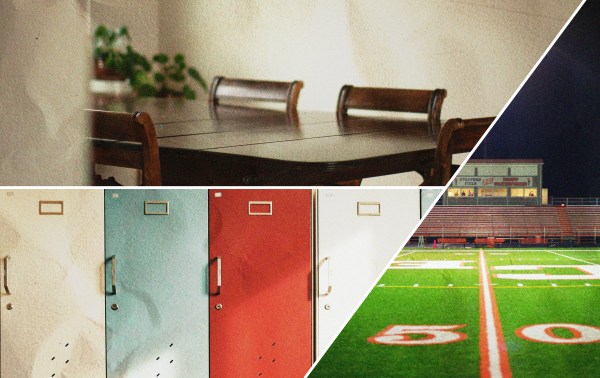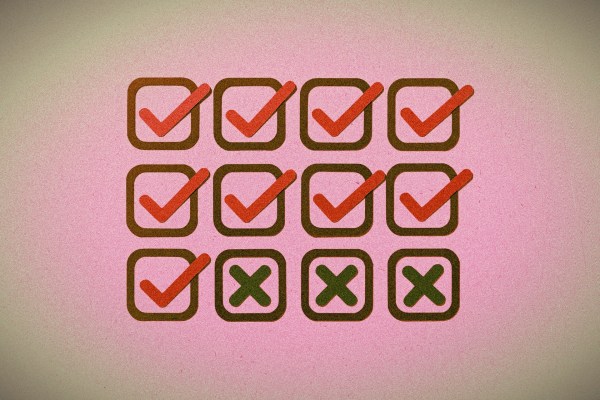One night in 2017, Andy Samberg was joking around on Jimmy Kimmel Live. “When your wife is pregnant, when you’re expecting, everyone is like ‘it’s incredible. Get ready. It’s magic. It’s the most life changing experience you’ll ever have. Brace yourself for heaven,’” he said. “And then, the second the baby comes, everyone is like ‘WELCOME TO HELL! YOU FOOL!’”
My wife Isabel gave birth to our first child this past July. And while Samberg’s bit is not without some truth, my experience was something closer to the opposite: I was expecting hell. But I got heaven instead.
You might not think this from the messy snapshots of my fatherhood experience. “How has it been?” ask my friends, none of whom have kids yet. What should I say? That waking up in the middle of the night for months on end changes a person? That despite being a relaxed person for my entire life, I’m now angry and frustrated all the time, for reasons I can’t explain? That something always, always needs to be done: cleaning bottles, making formula, feeding the kid, changing the kid, waking up with the kid, singing to the kid, making dinner, doing the daily laundry load of bibs and burp cloths. That to go anywhere with him takes 30 minutes of prep work and a bag stuffed to the brim? Should I tell them that I may not finish my dissertation, a product of five years of labor? That every time I work on it I feel guilty for missing out on precious time with our son and leaving Isabel to do all the caregiving? That I get so cooped up at home that taking the dog out to pee can feel like international travel? Do I tell them that every time my son has gone to sleep for the last ten months I’ve worried he won’t wake up, that he’ll suffocate in his crib or choke on his own vomit?
All of that is true, making the whole endeavor sound like a sordid mistake: an exercise in the absurd and futile. Like consciously lighting your life on fire, and watching your freedom evaporate in the smoke. I could tell them all that. I could welcome them to hell, or, more likely, scare them off the whole idea, because it’s terrifying to imagine yourself waking up at 3 a.m. night after night, or cleaning up human sh-t, or giving up your hobbies, or never leaving the house.
What I’ve found in fatherhood is that having kids is difficult in ways easy to talk about and great in ways difficult to talk about. Hell is, after all, rather uncomplicated. Heaven is opaque.
How do you describe the miracle of watching God’s holy sinless child grow and develop from a clump of cells to a potato into a human being in your own image? How do you explain the first time they look you right in the eye, laugh, clap their hands, crawl, or roll over? Or when they develop their own personality and preferences?
How can I articulate that winsome smile I get first thing in the morning when I go in his room, or his wild laughter when I gasp and point at him like he’s been caught in the act? Or how he grins ear to ear every time I smile at him—even through his tears? Or his bewildered face each time he eats solid food, followed by the piranha chomp next bite? Do I share that sometimes I look at him and cry, for no reason? How do I communicate that primordial responsibility, that nearly physical pressure to care for this helpless, innocent child? That feeling that this is right, that it matters, that whatever I was doing before was so banal I hardly remember it. How do I say anything at all to childless people without sounding condescending? “One day you’ll know,” and the like.
How can we describe parenthood to those without children, when the usual ways of communication fall flat?
My parents have said that no one told them how difficult it would be at first, so they felt unprepared: They had the Samberg Experience, as have other family members and many other people I know. Maybe that’s why the difficulties of parenting go so viral, and why, in response, there’s a cult of domesticity on Instagram and other apps that frames motherhood as unmitigated bliss such that hardship or struggle of any kind are a tragic defeat. I don’t know what the proper middle ground is. But I do wonder whether radical transparency, valuable as it can be, always serves us well when it comes to something as mysterious and consuming as parenthood.
Now that we’ve had one, Isabel and I both say we would’ve started earlier had we not been so afraid of our lives ending. But how early is not clear. At 30, two-thirds of the way through a doctoral program, I’m beyond grateful we didn’t start at 23. The degree never could’ve happened. Isabel never could have become a history teacher, nor a dean or a vice principal, at least not while fulfilling her dream of being a stay-at-home mom. We built a stable life together before introducing chaos, and I regret none of that.
But my fear is that many will choose to forgo children altogether, or wait until there’s only time to have one or two because they’ve swum too long in the overly transparent waters of parenting pessimism. That we’re too honest about hell and not honest enough about heaven. Don’t abandon hope, ye who enter here. Parenthood is not, or at least not only, the inferno people make it out to be.
Should you have kids? I can tell you why you shouldn’t. I can’t tell you why you should. But you probably should nonetheless.









Please note that we at The Dispatch hold ourselves, our work, and our commenters to a higher standard than other places on the internet. We welcome comments that foster genuine debate or discussion—including comments critical of us or our work—but responses that include ad hominem attacks on fellow Dispatch members or are intended to stoke fear and anger may be moderated.
With your membership, you only have the ability to comment on The Morning Dispatch articles. Consider upgrading to join the conversation everywhere.